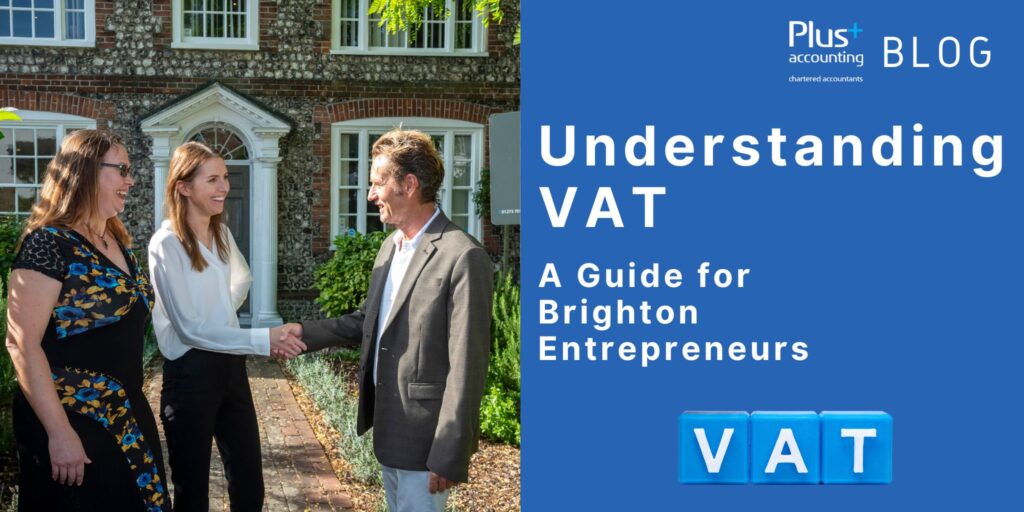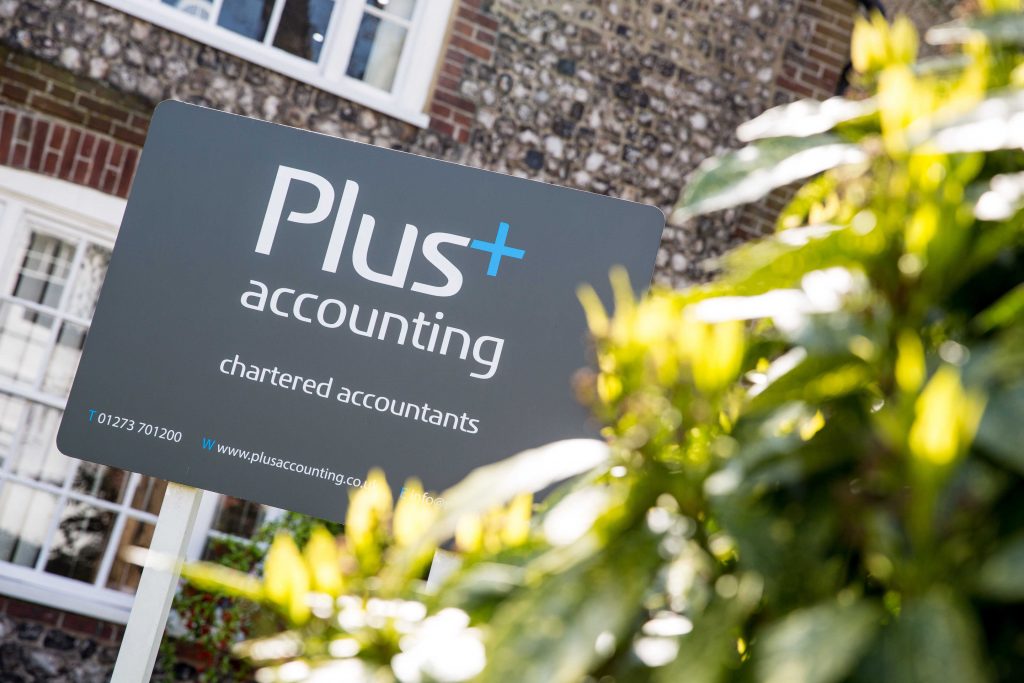Brighton’s entrepreneurial spirit thrives in its vibrant business community, but for many, Value Added Tax (VAT) can be a complex challenge. This comprehensive guide is designed to demystify VAT and equip Brighton’s business owners with the knowledge they need to navigate this crucial aspect of financial management.
What Is VAT?
Value Added Tax (VAT) is a consumption tax levied on the value added to goods and services at each stage of production or distribution. Here’s a breakdown:
VAT Basics: VAT is typically expressed as a percentage of the final sale price. Businesses collect VAT from customers on behalf of HM Revenue and Customs (HMRC) and must remit it to HMRC.
VAT Rates: VAT in the UK is categorised into different rates, including the standard rate (20%), reduced rate (5%), and zero-rate (0%). Understanding these rates is essential for efficient VAT accounting.
VAT Registration
VAT registration is a pivotal step for many businesses. Here’s what you need to know:
When to Register: Your business should register for VAT when your taxable turnover exceeds the current registration threshold. It’s important to monitor your turnover closely, as failure to register on time can lead to penalties.
Why Register: While VAT registration means additional administrative work, it also allows you to claim back VAT on business expenses, presenting an opportunity for cost savings.
Impact on Pricing and Record-Keeping: VAT-registered businesses must include VAT on their sales invoices and keep accurate records of all VAT transactions. This affects pricing, as customers will see the VAT amount on their invoices.
Collecting and Paying VAT
Accurate handling of VAT transactions is essential to maintain compliance. Here’s what you need to know:
Collecting VAT: As a VAT-registered business, you’ll collect VAT from your customers on the sales of goods and services. Ensure that your invoices clearly state the VAT amount and consider using accounting software to automate the calculation.
Paying VAT to HMRC: VAT collected must be periodically paid to HMRC. The frequency of payments depends on your VAT scheme (e.g. quarterly, monthly). Timely payments are critical to avoid penalties.
Importance of Accurate VAT Accounting: Proper accounting is vital to prevent errors and discrepancies. Mistakes in VAT returns can result in fines and additional liabilities.
VAT Schemes and Special Rules
Your business may benefit from specific VAT schemes and rules:
VAT Schemes: Explore VAT schemes designed for small businesses, such as the Flat Rate Scheme, Annual Accounting Scheme, and Cash Accounting Scheme. These schemes can simplify VAT accounting and potentially reduce your liability.
Industry-Specific Rules: Certain industries or activities may have special VAT rules or exemptions. Understanding these variations can help you make informed decisions and maximize your VAT efficiency.
In Brighton’s dynamic business environment, understanding VAT is more than just compliance—it’s a strategic tool for financial management. With the right knowledge and support, you can effectively manage VAT, reduce tax burdens, and contribute to your business’s success. Stay informed, seek professional guidance when needed, and make VAT work for your entrepreneurial endeavours in this vibrant coastal city.
If you would like to discuss your accounting needs further, please do not hesitate to contact us on info@plusaccounting.co.uk.
Author: Plus Accounting
All content provided on this blog is for informational purposes only. The owner of this blog makes no representations as to the accuracy or completeness of any information on this site or found by following any link on this site.
Date published: 19 December 2023



